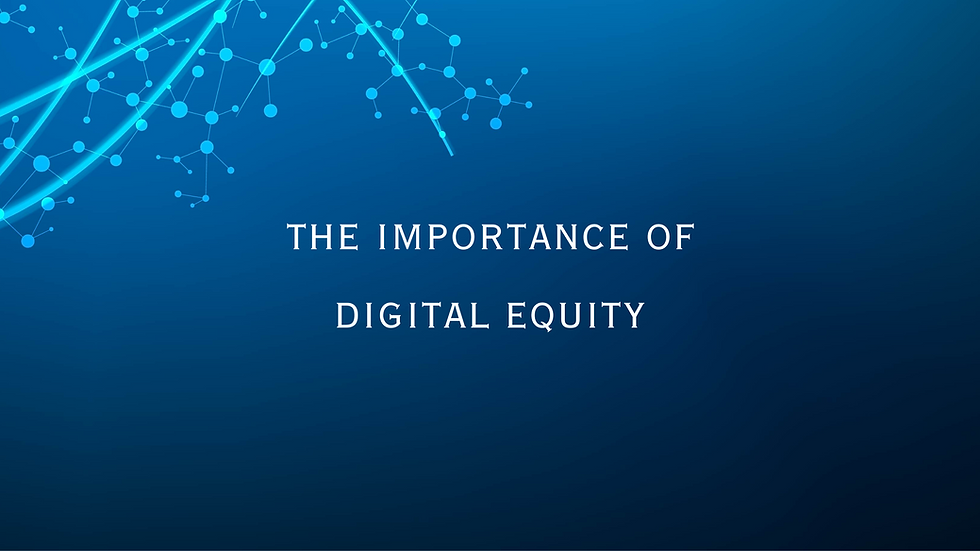Big Girls Do Cry
- bluebirdbusofhope
- Oct 23, 2024
- 3 min read
The Healing Power of Tears: Why Crying is Good for the Soul

We've all heard the phrase "Big girls don't cry"—whether in a classic Frankie Valli song or in a powerful movie scene. But the truth is, crying is not a sign of weakness. It's a natural and healthy part of being human, and sometimes, we just need to let it all out. For me, personally, I can go months without crying. Of course, I'll tear up at a Hallmark movie or even a Super Bowl commercial (who doesn’t?), but I’m talking about really crying—the kind where the tears come from deep within. Recently, I went through a tough season where I found myself crying for what seemed like weeks, though it was really just a few days. I kept telling myself that if I were strong, I wouldn’t cry. But the truth is, when I held back the tears, I was making myself physically ill with anxiety. The moment I let myself cry, though, I felt an overwhelming sense of relief. It was as though my body and mind finally had the release they needed. Crying didn’t make me weak—it made me stronger. It helped me heal, process my emotions, and ultimately, grow.
Why Do We Cry?
Scientifically speaking, humans cry for a variety of reasons. Emotional crying is unique to humans, and it plays a key role in processing emotions, bonding with others, and even reducing stress. According to Dr. William Frey, a biochemist who studied tears, emotional tears actually contain stress hormones and toxins. When we cry, we are quite literally flushing out these harmful chemicals from our bodies, which can lead to a calmer, more relaxed state afterward.
Research shows that crying activates the parasympathetic nervous system, which helps the body rest and digest. This is why, after a good cry, you often feel more relaxed or even a little sleepy. It’s your body’s way of hitting the reset button.
Why Crying Feels Good: The Benefits
There are many reasons why crying feels so good. Crying can help to:
Release Stress: As mentioned, tears contain stress hormones, so releasing them helps to lighten the emotional load we carry.
Boost Mood: Emotional tears stimulate the release of endorphins, which can enhance your mood and create a sense of well-being.
Enhance Communication: Crying signals to others that we’re in need of support. It’s a universal language that says, "I’m struggling, and I need help," which allows us to bond with others.
Aid in Healing: Letting yourself cry helps you to process grief, sadness, or even joy. Holding it in can sometimes cause emotional blocks that may make healing harder to achieve.
Why Women Cry More Than Men
You might wonder why women tend to cry more than men. Biologically, women produce more prolactin, a hormone linked to emotional crying, while men have higher testosterone levels, which can suppress tears. Societally, women are often more encouraged to express emotions, whereas men may feel pressure to "hold it in." This is why the stereotype of "big girls don’t cry" persists, but science shows us that it’s not only okay to cry—it’s *healthy*.
Let It Out: It’s Okay to Cry
I encourage you to let yourself cry too. Whether you’ve been holding it in for weeks or months, or maybe you haven’t even realized you needed a good cry, give yourself permission to be human. Crying is a powerful way to release the emotions that weigh us down and allow us to move forward with clarity and strength.
And if you ever need a safe place to let it out, we’ve got plenty of tissues on the Bluebird Bus of Hope. Don’t be afraid to reach out, search for hope and healing, and most importantly, be kind to yourself—tears and all.




Comments